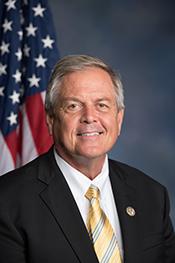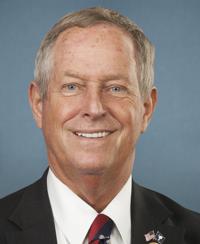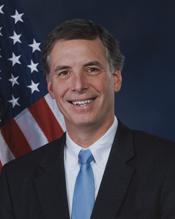0
0
0
DAYLIGHT Act
12/30/2022, 8:03 AM
Summary of Bill HR 5906
The DAYLIGHT Act, also known as Bill 117 hr 5906, is a piece of legislation currently being considered by the US Congress. The purpose of this bill is to make Daylight Saving Time (DST) permanent throughout the year, eliminating the practice of changing the clocks twice a year.
If passed, the DAYLIGHT Act would require states to observe DST year-round, meaning that there would no longer be a need to "spring forward" or "fall back" each year. This change is intended to provide several benefits, including reducing energy consumption, improving public health by reducing the risk of heart attacks and strokes associated with the time changes, and increasing economic productivity.
Supporters of the bill argue that making DST permanent would provide more daylight in the evenings, which could lead to increased outdoor activities and reduced crime rates. However, opponents of the bill have raised concerns about the potential negative effects on certain industries, such as agriculture and transportation, as well as the disruption to people's daily routines. Overall, the DAYLIGHT Act is a controversial piece of legislation that has sparked debate among lawmakers and the public. It remains to be seen whether or not this bill will ultimately be passed into law.
If passed, the DAYLIGHT Act would require states to observe DST year-round, meaning that there would no longer be a need to "spring forward" or "fall back" each year. This change is intended to provide several benefits, including reducing energy consumption, improving public health by reducing the risk of heart attacks and strokes associated with the time changes, and increasing economic productivity.
Supporters of the bill argue that making DST permanent would provide more daylight in the evenings, which could lead to increased outdoor activities and reduced crime rates. However, opponents of the bill have raised concerns about the potential negative effects on certain industries, such as agriculture and transportation, as well as the disruption to people's daily routines. Overall, the DAYLIGHT Act is a controversial piece of legislation that has sparked debate among lawmakers and the public. It remains to be seen whether or not this bill will ultimately be passed into law.
Congressional Summary of HR 5906
Daylight All Year Leads to Ideal Gains in Happiness and Temperament Act or the DAYLIGHT Act
This bill allows states to observe daylight savings time year-round. (States may already choose to observe standard time year-round.)
No later than two years after enactment of this bill, the Government Accountability Office shall submit a report to Congress containing the results of a study on implementing daylight savings time year-round.
Read the Full Bill
Current Status of Bill HR 5906
Bill HR 5906 is currently in the status of Bill Introduced since November 5, 2021. Bill HR 5906 was introduced during Congress 117 and was introduced to the House on November 5, 2021. Bill HR 5906's most recent activity was Referred to the Subcommittee on Consumer Protection and Commerce. as of November 8, 2021
Bipartisan Support of Bill HR 5906
Total Number of Sponsors
1Democrat Sponsors
0Republican Sponsors
1Unaffiliated Sponsors
0Total Number of Cosponsors
4Democrat Cosponsors
0Republican Cosponsors
4Unaffiliated Cosponsors
0Policy Area and Potential Impact of Bill HR 5906
Primary Policy Focus
Science, Technology, CommunicationsAlternate Title(s) of Bill HR 5906
DAYLIGHT Act
DAYLIGHT Act
Daylight All Year Leads to Ideal Gains in Happiness and Temperament Act
To allow States to elect to observe year-round daylight saving time, and for other purposes.
Comments
Sponsors and Cosponsors of HR 5906
Latest Bills
National Defense Authorization Act for Fiscal Year 2026
Bill S 1071December 13, 2025
Enduring Justice for Victims of Trafficking Act
Bill S 2584December 13, 2025
Technical Corrections to the Northwestern New Mexico Rural Water Projects Act, Taos Pueblo Indian Water Rights Settlement Act, and Aamodt Litigation Settlement Act
Bill S 640December 13, 2025
Incentivizing New Ventures and Economic Strength Through Capital Formation Act of 2025
Bill HR 3383December 13, 2025
BOWOW Act of 2025
Bill HR 4638December 13, 2025
Northern Mariana Islands Small Business Access Act
Bill HR 3496December 13, 2025
Wildfire Risk Evaluation Act
Bill HR 3924December 13, 2025
Energy Choice Act
Bill HR 3699December 13, 2025
ESTUARIES Act
Bill HR 3962December 13, 2025
Improving Interagency Coordination for Pipeline Reviews Act
Bill HR 3668December 13, 2025
To allow States to elect to observe year-round daylight saving time, and for other purposes.
Bill HR 5826December 30, 2022


